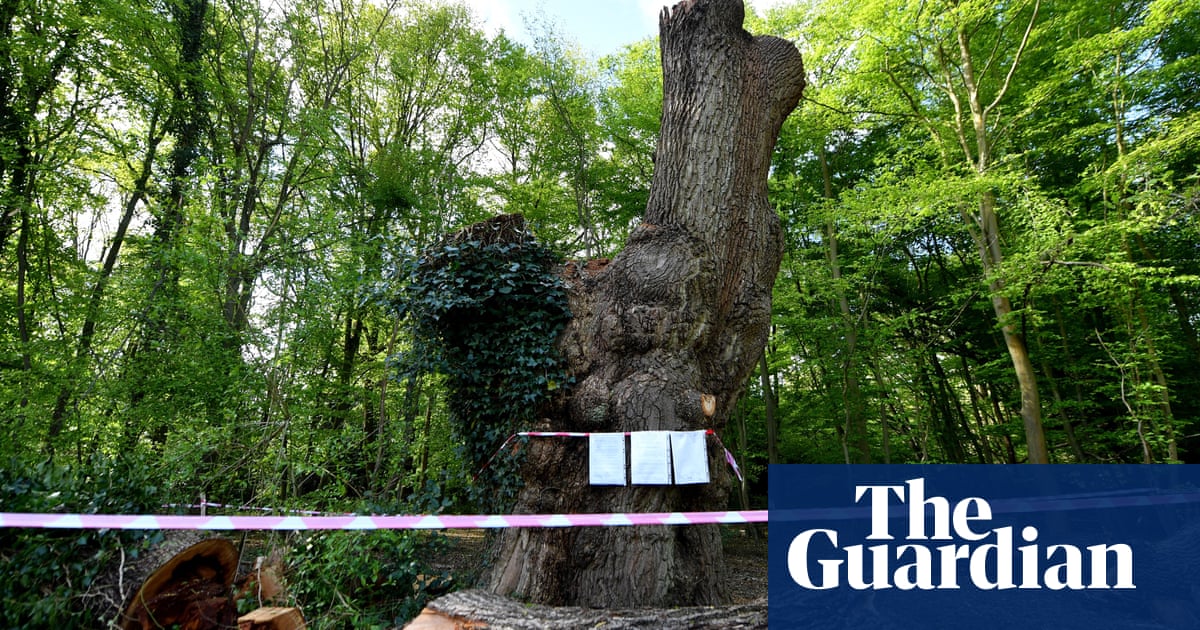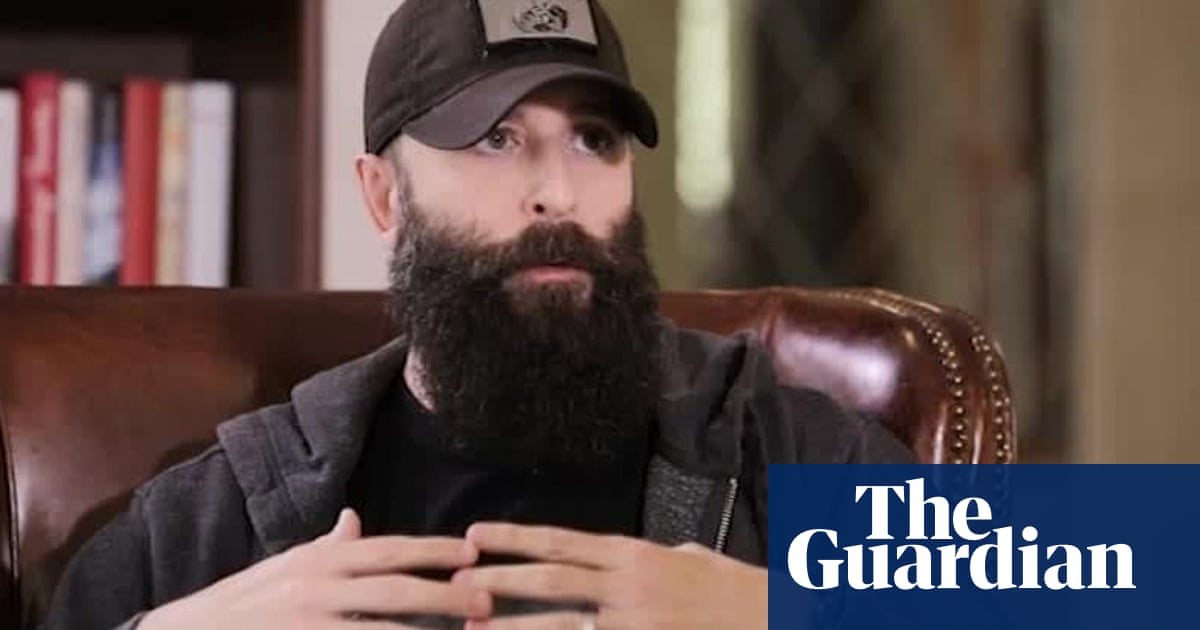On 12 August 2022, I was about to begin interviewing Salman Rushdie at the Chautauqua Institution in upstate New York when he was attacked. Now, more than two years later, the trial of the attacker has begun.
I was on stage as co-founder of City of Asylum in Pittsburgh, part of an international organization inspired by Rushdie to protect exiled, endangered writers in long-term residencies. Shortly after the attack, I wrote about how the audience – an intentional community of readers – rushed to the stage to subdue the attacker. I called this “the reader effect”, a response based on empathy that comes from reading fiction.
After testifying at the trial on Thursday, I wonder: are there ways to emulate the “reader effect” in non-readers?
Most people do not read fiction. In 2022, the US National Endowment for the Arts reported that only 38% of US adults read even a single novel or short story each year, a decline of 17% during the past decade. Not reading stories is like being deprived of emotional, social and cultural oxygen and reinforces the kind of ideological polarization that the journalist Bill Bishop wrote about in The Big Sort: Why the Clustering of Like-Minded America Is Tearing Us Apart, his 2009 book that argues geographical and cultural clustering cause walls of “like-mindedness” that inhibit moderation.
There are many self-reinforcing causes of polarization, including wealth, values and race, but why it matters is the resulting loss of empathy and a common pluralistic civic space and purpose.
Citizenship, wrote Hahrie Han, director of the civics-focused SNF Agora Institute at Johns Hopkins University, “depends on people believing that we are somehow dependent on one another to protect the dignity of ourselves and our world”. Creating a home, a common “ground beneath our feet”, is both the title of one of Rushdie’s great novels and also his central metaphor for fiction-writing. When he wrote the “Declaration of Independence” that launched the City of Asylum movement, he described the free, “unfettered republic of the tongue” – composed of “imaginary homelands” essential to protecting the more limited freedoms of our own real homelands.
Researchers at the University of Toronto similarly found that reading narrative fiction creates experiences of social interactions in readers – Rushdie’s “imaginary homelands”. Fiction readers become more open and more understanding of themselves and of others different from themselves. The researchers also found that non-readers and even readers of non-fiction are more likely to feel lonely and in need of social support. They are less tolerant of ambiguity and other perspectives and more likely to make decisions that conform to their prior beliefs rather than incorporating other points of view. Rather than instinctively rushing to the stage, they are metaphorically frozen in place, in their seats.
With so few people reading fiction, how can we create the “reader effect” among non-readers? City of Asylum Pittsburgh accidentally discovered a clue. It happened in 2005, when Huang Xiang, an exiled poet-in-residence, read a selection of his poems in Chinese, accompanied by the jazz saxophonist Oliver Lake. We had set up a stage and 300 folding chairs on a closed street, with free admission. We saw how neighbors and strangers from all walks of life interacted and the effect of the poet’s performance on this intermingled audience. As one person later wrote: “I did not understand what he was saying, but the way it was presented made your mind go ‘whoop.’”
There is no substitute for the intense, prolonged experience of reading fiction. But face-to-face encounters are public experiences analogous to the private experience of reading fiction, creating empathy and humanizing polarity – what the philosopher Emmanuel Levinas called irruptions of hospitality. When they persist, their impact is cumulative.
By creatively incorporating the perspective of hospitality into programming and access to it, non-profit arts organizations can each create their own unique “reader effect” and build community in their audiences. As Mr Rushdie once wrote: “No one can be free in isolation. The only free person is the one who lives with other people … in what we call ‘community’ and the warmth that goes with it.”
-
Henry Reese is a retired entrepreneur, who in 2004 co-founded City of Asylum Pittsburgh with his wife, the artist Diane Samuels

.png) 2 months ago
20
2 months ago
20













































